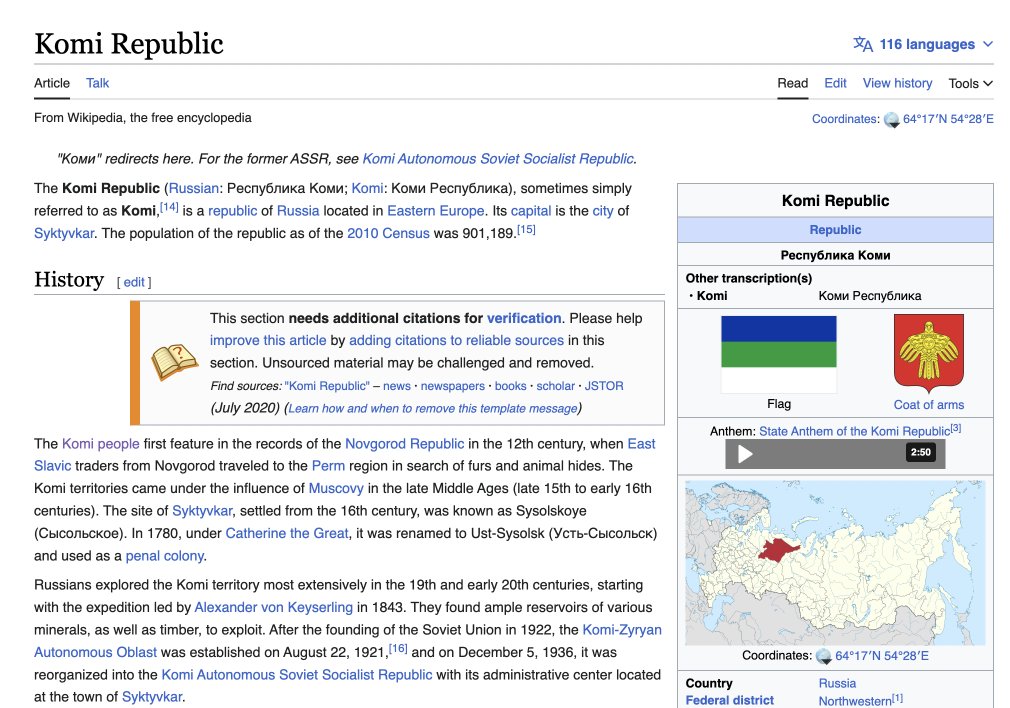As a Ukrainian person looking at everything that’s been happening in the world lately, here’s what I really, REALLY need people living in liberal democracies to understand as soon as possible.
This isn’t a pleasant conversation.
A thread.
1/
This isn’t a pleasant conversation.
A thread.
1/
You can’t afford to take democracy for granted.
It may feel like your countries’ democratic institutions have been there forever — but that’s just because you were born after generations of your compatriots had given their lives to defend and develop these institutions.
2/
It may feel like your countries’ democratic institutions have been there forever — but that’s just because you were born after generations of your compatriots had given their lives to defend and develop these institutions.
2/
You’ve lived your life in the comfort of your ancestors’ victories, but you may be the last generation that can feel this comfort while growing up.
Things are changing, and democracies around the world are struggling to defend against internal and external threats.
3/
Things are changing, and democracies around the world are struggling to defend against internal and external threats.
3/
Now, there are actors in this world whose main aim is to crush your countries’ democracies. These actors are your direct enemies — it’s as simple as that.
I know that you don’t want to have enemies or fight wars. Ukraine also didn’t choose to have this war — Russia did.
4/
I know that you don’t want to have enemies or fight wars. Ukraine also didn’t choose to have this war — Russia did.
4/
Russia and Iran are our most obvious enemies. Their allies and proxies must also be viewed as your enemies.
These countries/corporations/actors are not driven by your logic of cooperation and stability — they seek instability and want to hurt you as much as possible.
5/
These countries/corporations/actors are not driven by your logic of cooperation and stability — they seek instability and want to hurt you as much as possible.
5/
The sooner you realize you need to see these powers as your direct enemies and act accordingly, the more chances you’ll have of preserving your democratic institutions and welfare states.
If you ignore this threat, the war will still come, and it will catch you by surprise.
6/
If you ignore this threat, the war will still come, and it will catch you by surprise.
6/
The fact that Russia can still buy practically all military tech components from European companies to keep bombing Ukraine into rubble is a clear signal for me: most Europeans still don’t understand the threat we’re all up against.
7/
7/
You can’t be doing any business with actors whose goal is to hurt you.
You can’t be helping Ukraine with one hand and enabling Russia with your other hand.
This is not just unreasonable — this puts your democracies at an even greater risk.
8/
You can’t be helping Ukraine with one hand and enabling Russia with your other hand.
This is not just unreasonable — this puts your democracies at an even greater risk.
8/
Russian businesses/representatives can’t be viewed independently from the Russian state.
Yandex can’t be a growing browser in Europe. The Russian House can’t keep standing unbothered in the center of Berlin.
You can’t afford to keep your eyes closed security-wise.
9/
Yandex can’t be a growing browser in Europe. The Russian House can’t keep standing unbothered in the center of Berlin.
You can’t afford to keep your eyes closed security-wise.
9/
If you run things the usual way, the democracy that many of your compatriots take for granted will fade in your country as well — because of the powers working hard at it and not getting nearly enough pushback from your governments and corporate representatives.
10/
10/
As someone who witnessed two nationwide pro-democracy revolutions in my homeland and two waves of Russian aggression in just 28 years of my life, I can assure you: your democracy won’t last if you’re not ready to take security seriously.
11/
11/
All you need to do for now is to make your institutions cut ties with everything Russian, clear them from spies and harmful actors, and invest in your security — especially by helping Ukraine’s security as the only country currently defending common European democracy.
12/
12/
If Ukraine is allowed to get crushed by Russia’s war of attrition, you will be the next to know what it feels like when someone directly attacks your democratic welfare systems and seeks to take away your freedoms.
Trust me, you won’t like the taste of it.
13/
Trust me, you won’t like the taste of it.
13/
If you want the next generation to live in the comfort of your democratic institutions, it’s time to take security matters seriously and act now.
There is no time left — many forces are already at war with you even if you choose not to see things this way.
End.
14/14
There is no time left — many forces are already at war with you even if you choose not to see things this way.
End.
14/14
• • •
Missing some Tweet in this thread? You can try to
force a refresh

 Read on Twitter
Read on Twitter






